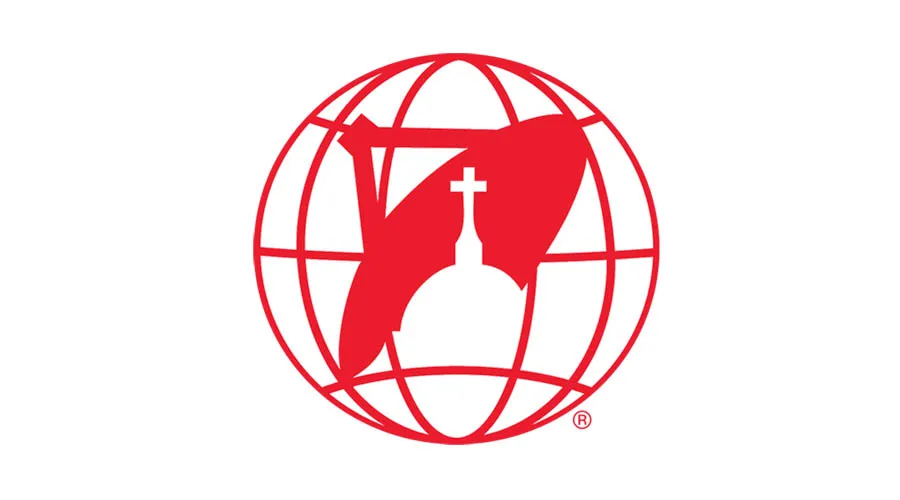Trump himself has stoked claims that the election was stolen and has not conceded, even in the same statements in which he has told protesters to go home. Twitter has started to remove some of his posts, and Facebook has removed some of his videos.
In a Wednesday morning appearance at a rally outside the White House, Trump encouraged supporters to march to the capitol. Some protesters clashed with police, while others intimidated capitol guards into retreating without significant contact.
Some wore “Make America Great” hats or other regalia associated with Trump’s campaign. Many carried U.S. flags or Donald Trump flags and some carried Confederate flags.
Some protesters attacked news media, while dozens of others pressed forward into the Capitol Building in defiance of capitol police, breaking windows and forcing open doors.
Lawmakers took shelter, sometimes in their offices, and put on gas masks after security used gas masks in their defense, the Associated Press said. Protesters occupied the office of Speaker Nancy Pelosi and the chambers of Congress.
Critics of the president, including some Republicans, blamed him for inciting the protesters.
(Story continues below)
At least one bomb was found at the headquarters of the Republican National Committee in D.C., at least one other device was discovered on the U.S. Capitol grounds, and a suspicious package at the Democratic National Committee headquarters was under investigation, the New York Times reported.
Pence called out the national guard to support law enforcement in the capital. After the capitol building was secured, Pelosi recalled lawmakers to certify the election results.
Another bishop who spoke out against the protests was Bishop Frank Caggiano of Bridgeport.
“There are few words that can describe the shock I feel to see our Capitol Building occupied by violent rioters. As Americans, we should be deeply disturbed to see an important symbol of freedom and liberty in our nation violated in such a way. Our nation is better than that,” he said on Twitter.
“The peaceful transfer of power is one of the most important and revered aspects of our democracy,” he continued. “We must recommit ourselves to the values we hold dear as Americans: democracy, freedom, and peace.”
“As people of faith, we condemn violence in all its forms as a moral betrayal of the Gospel,” he said. “We also know that our nation needs prayer, now more than ever, so that we may always remain one nation, under God.”
The bishop asked people to join in prayer for the U.S. “during this unprecedented and frightening time in our history.”
“Let us pray for peace in our communities, in our capital, in our Country, but most of all, in our own hearts,” he said.
Bishop Joseph Strickland of Tyler invoked the feast of the Epiphany, saying, "We pray for peace and for Christ to shine in this traditional feast of the Epiphany. It is a sad day for our nation but God is with us,” he said. “We have to turn to God and really remember that we claim to be a nation under God.”
Cardinal Blase Cupich of Chicago called the event a "national disgrace", adding, "We pray for peace at this bracing moment in U.S. history, a history that has been marked by one of democracy’s greatest virtues—the peaceful and orderly transition of power."
The incident at the Capitol follows significant disruptions and unrest across the U.S. last year.
The death of George Floyd, a Black man, while he was being detained by Minneapolis police helped spark nationwide protests for weeks. Protesters often peacefully advocated against police brutality and for racial justice under the motto “Black Lives Matter.” Some of these protests turned violent, causing billions of dollars in damage and several deaths.








